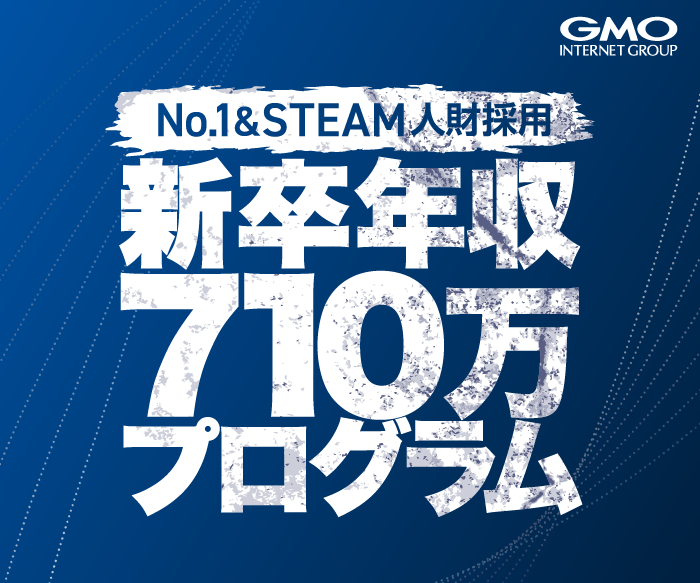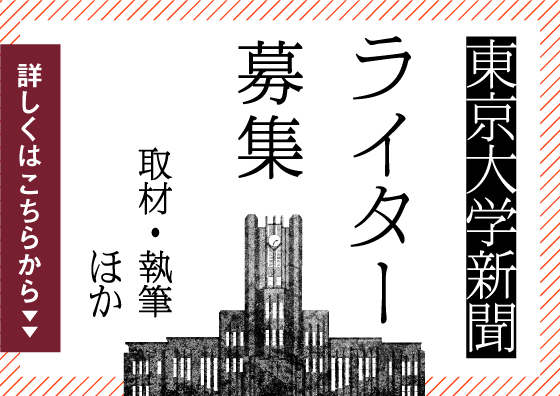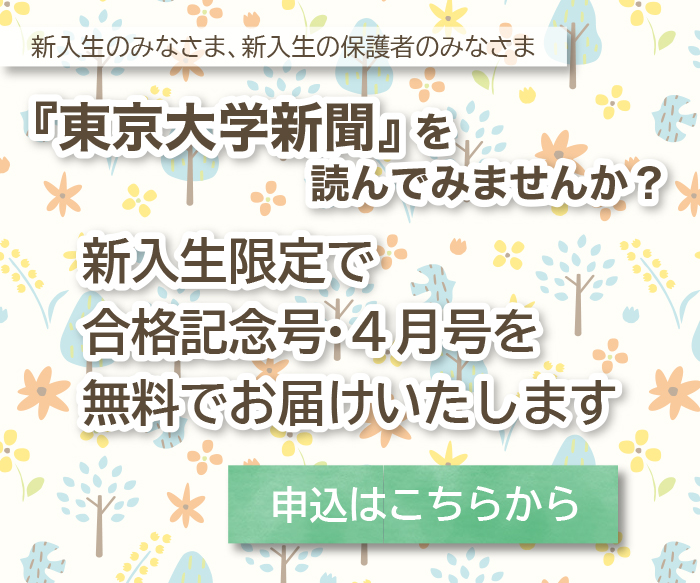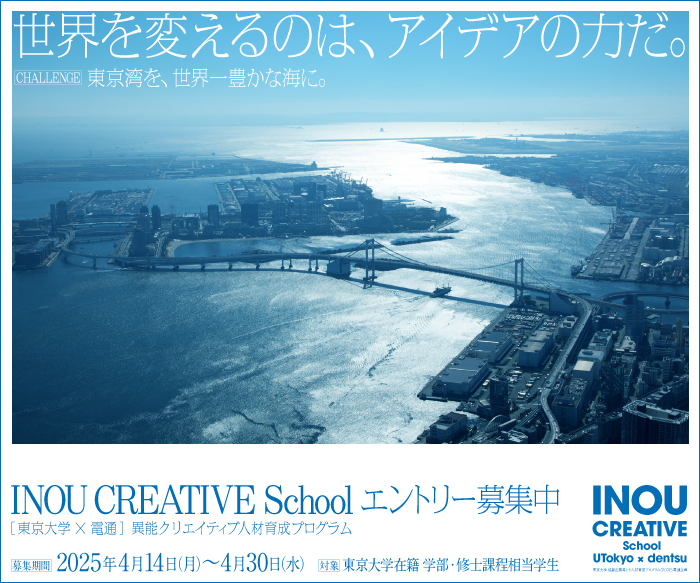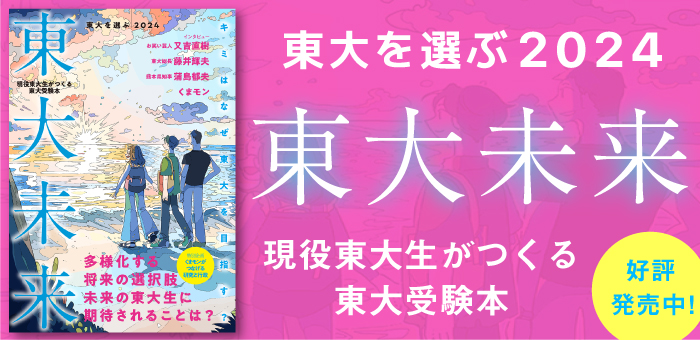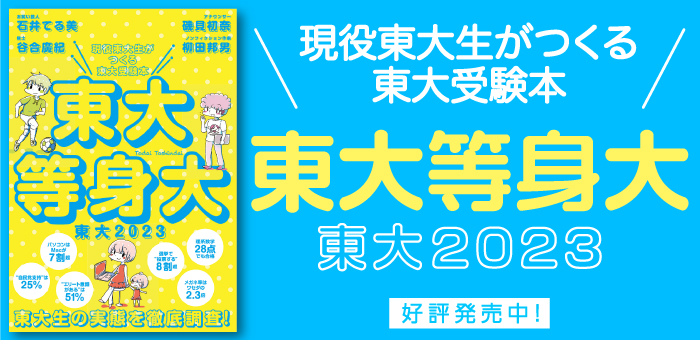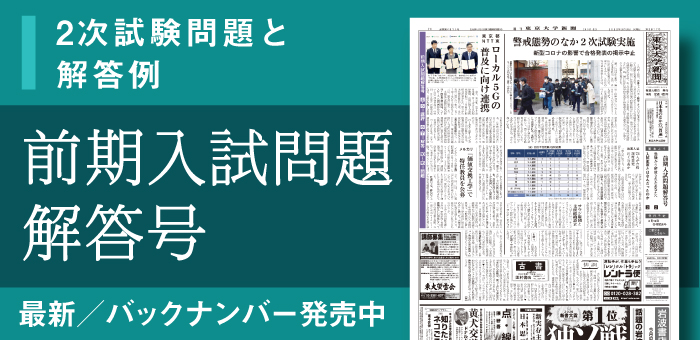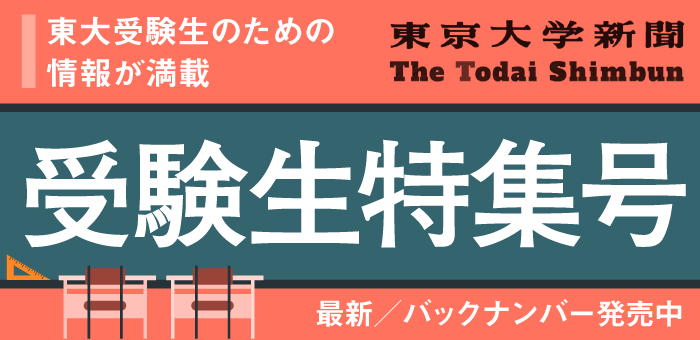Columbia University Professor Sheena Iyengar is the author of “The Art of Choosing”, a book about how people make choices.
(日本語版はこちら)
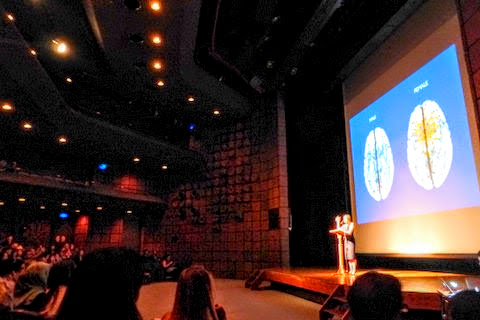
One of the core tenets of Professor Iyengar’s research is that the number of alternatives we have affects the way we make choices. In her book, she illustrates this by referring to the case of multinational manufacturer Procter & Gamble, whose decision to reduce the number of types of Head & Shoulders shampoos it sold from 26 to 15 resulted in an eventual 10 percent increase in sales. Iyengar explains that facing an excessive range of choices negatively affects our decision-making abilities, not only when it comes to shampoo but also in the context of more consequential decisions. “Choice overload” often leads us to “choose not to choose”, even when it goes against our best interest.
If this is the case, how does this principle play out when college students choose companies during job applications, and when employers select candidates during job interviews? Can Iyengar’s findings be useful to the job-hunting scene?
In the following interview I ask Professor Iyengar to reflect on “choosing” in the context of job hunting. The reader will find a number of useful tips she shares with job seekers for making the best choice in selecting companies to apply to, and for making him or herself an appealing candidate.
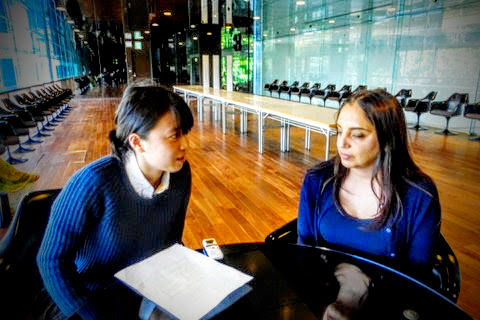
Q: Thank you for giving me a chance to interview you. This interview is held during the period of job hunting for Japanese college students and I would like to ask you some related questions. First, your study shows that choice overload reduces engagement, decision quality, and satisfaction. Does this principle also apply to students selecting companies during job-hunting?
A: Your question is interesting. Take the following two studies we did.
One study shows that the more jobs people apply to, the more likely they are to get more job offers. However, there is one problem. That is, the more job offers people get, the less satisfied they are with the job offers they have accepted. In the second study we observed that during hard economic times, when people tend to get fewer job offers, they are overall happier because they feel lucky to have secured a job despite the fact that, on average, it will take them longer to reach a wage level comparable to what they might get in better economic times.
This is to say that on average people do better in terms of probability of employment when they have more choices, but they are also less happy. So my advice to young people is not so much to pursue as many options as are available, but rather to think carefully about which options to select. Indeed, one of the main reasons why students get confused or overwhelmed is that they are just randomly coming up with options without really understanding what they are choosing and why.
One practical suggestion I can give is to think about the options you are applying to in terms of categories. For example, suppose you are applying to 200 jobs-which is a lot, right? Well, breaking these jobs down into categories gives you a better sense of why you choose what you are applying for. If you cannot answer the question of why you apply to a particular job, you have to rethink this choice. So by making an informed selection of options to apply for you have already made them more meaningful. And in turn when you get job offers you can better rank them and evaluate how important and meaningful they are to you.
Q: So to recap your advice is to think hard and make a selection of options to apply for rather than applying randomly for the greatest number of jobs/companies?
A: Yes, what I am saying is that you should reflect on the reason why you apply for a certain job.
Q: Thank you very much for your answer. Now let me ask you a second question related to the jam-study section which you introduced at TED. I got the impression that your study was mainly about how people choose “things” or “options” rather than “people”. In that case, can we still apply your findings to how businesswomen and businessmen recruit employees?
A: Do you mean for a job?
Q: Yes.
A: Yes, it applies. Let us imagine that you are a job interviewer facing a full day of interviews, from 9 until 6. Say you are a hiring manager for Shiseido, Uniqlo or Otsuka, interviewing people in 30 minutes blocks. What is it likely to happen? Well, you are more likely to retain a deeper impression of the person you interview first, second, right before the lunch break, and the last. This is known as the “Primacy-Recency Effect” whereby people, in this case employers, tend to remember least that which comes in the middle of a learning episode. Typically the only people you can remember when interviewing them in the middle of the morning are the ones who did something really outstanding.
From the perspective of job applicants, standing out is therefore a good survival strategy. To the interviewer you are but one choice amongst many others. In order to make an impression and be remembered you have to do something that makes you distinct.
From the perspective of job interviewers, in theory they should treat all candidates equally, without letting their mood affect them. They should be taking notes about and ask the same questions to every candidate. What happens in reality is that interviewers tend to be happier or more rested in the morning so they should be aware that they might fall prey to a bias and over evaluate or under evaluate candidates not based on their actual performance during the interview, but rather because of the particular time slots they were assigned.
Q: Thank you for providing advice for both sides, not only to students but also to employers. To conclude this interview, could you share your personal history when it came to standing out? How did you stand out when you were applying for something?
A: Well, in my case being blind has been a great advantage in terms of standing out from the pack. It makes me different and memorable to people because blindness is a rarity.
But to answer your question in a different way, standing out for me has meant doing research that people would find interesting and that was different from what everybody else was doing.
At first, I wanted to study human motivation, and I identified five main sources of motivation. One was money and punishment or reward and punishment. I thought long and hard about this topic but there was already a lot of research already done in this area and I was not clear how I could contribute something novel and unique. Then there is research that looks into the importance of motivating people by challenging them. Again, it seemed to me that a lot of work had already been done in this area.
I then worked on the phenomenon of curiosity. Not an awful lot work had been done in this area and it did seem like a fascinating topic but I could not clearly see how to study, and measure how and why people get curious about things. I also looked at research on dreams and fantasies, and I was really fascinated by these lines of research but once again I was at a loss about how to study them and how to make a meaningful addition to the existing body of knowledge. Finally I found something that had not been studied sufficiently, and that is the act of “choosing”. Although a lot of research exists on this topic, a lot still needed explaining. What intrigued me about choice is that it seemed a very interdisciplinary subject, relevant to many different fields.
Q: And everybody cares about it. After all we all make choices every day in our lives.
A: Yes, and therefore a lot had already been written about choice but at the same time it seemed to me that there was still more that could be asked about it. I saw a gap to fill and I saw a novel way to do so, which led me to focus on choice as my specific area of enquiry.
I always think that the choice I made to study choice was probably the best choice that I have ever made.
Q: Thank you, Professor Iyengar.
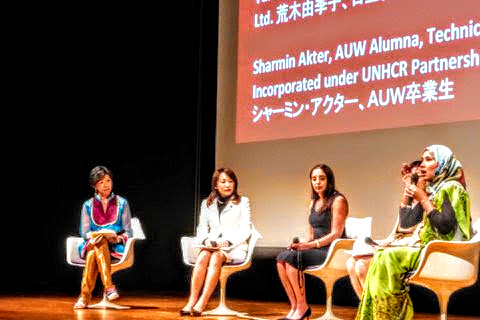
All the photos in this article were taken by Annie Chang when Professor Iyengar came to Japan in March of 2016 to speak at a fundraising event for the Asian University for Women.
By Ritsuko Kitahara May 7, 2016

